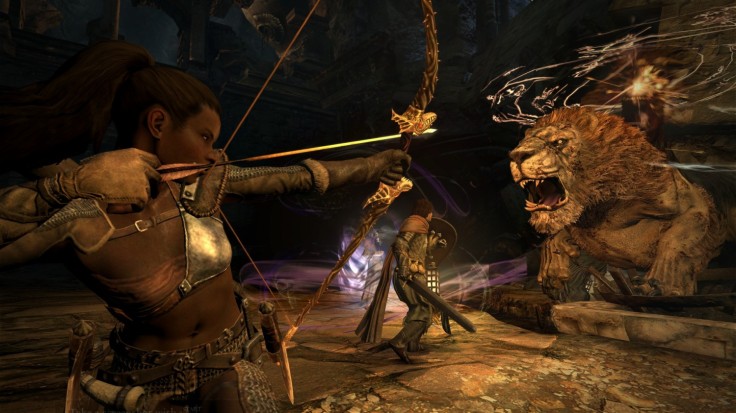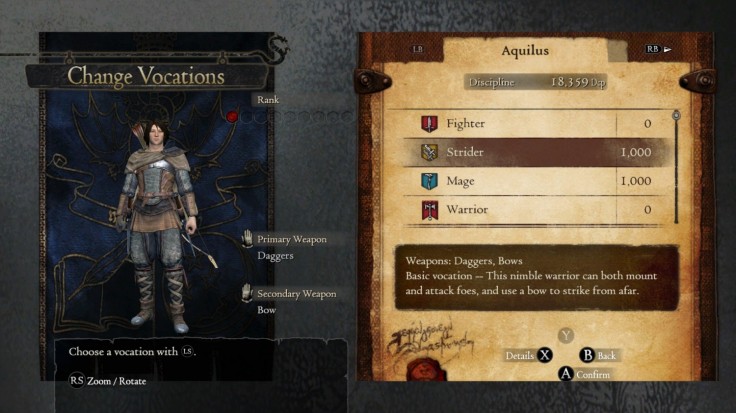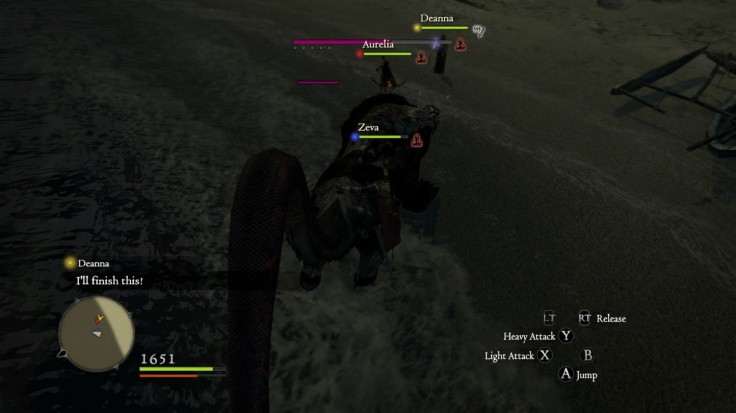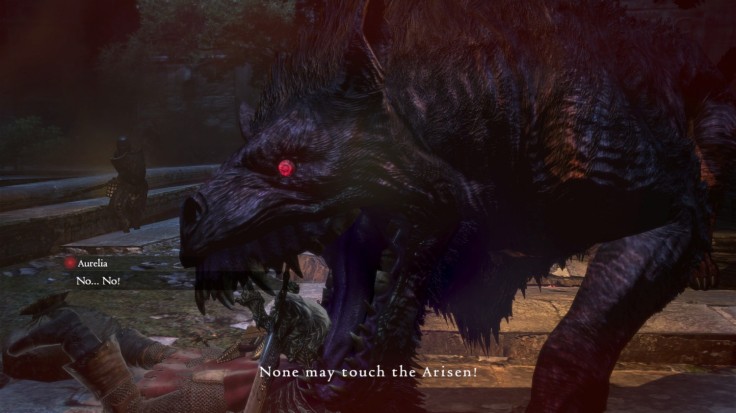Role-playing games (RPGs) like FromSoft's Souls series and Elden Ring, along with The Witcher series, both feature human and more-than-human opponents that could be larger than houses.
Although these games normally have ways to help players tackle these monstrosities, they don't let players climb unto them, crawl to a weak spot's location, and beat the ever-living crap out of it.
That is what Dragon's Dogma can do.
Dragon's Dogma Plot, Gameplay

Dragon's Dogma is a fantasy medieval RPG developed and Published by Capcom in 2012 for the PC, PlayStation 3, and Xbox 360. The game has similarities to the company's Monster Hunter series. However, instead of fighting monsters exclusively, players will fight human-sized enemies and monsters until their playthrough's completion.
The game tells the story of a "chosen one" who could defeat the dragon terrorizing the lands of Gransys. Whether the player can beat the dragon after the tribulations they go through is another matter entirely.
The game lets you create and customize players' in-game characters to their preferences, though it has limited options for changing some of the character's details.

After which, players can choose between the three standard vocations the game has: warrior, strider, and mage. These three represent the classic classes every RPG has: warriors use swords and shields, while striders represent the rogue class, with it using daggers for melee combat and a short bow for long-distance shooting. Finally, the mage can heal and buff allied characters, using magic to defeat opponents.
Shortly into its prologue, the game will let players create and summon an AI-controlled "Pawn" of their own - the only characters they can call allies for the whole game. Players can recruit two other pawns to their party, with the pawn they made being their "main pawn" or partner.
Additionally, if Dragon Dogma is played online, players' main pawns can be recruited by other players into their party, who can leave a rating on the pawn's appearance and helpfulness in and out of battle. As with the main character, players can also create and customize the looks and even the behavior of their pawns in and out of battle.

Players can freely switch vocations whenever they want at the cost of discipline, a currency automatically obtained when defeating enemies and completing quests and commissions. Further into the game, players can switch to six other vocations - three of them are advanced forms of the classic three, while the other three combine two of the classic three vocations.
These vocations come with their active and core (passive) skills and augments that are either exclusive to them or borrowed from others. Unlike active skills, core skills don't need to be relearned when switching to another vocation, while augments can be mixed and matched at will, regardless of vocation.
Players can choose their main pawn's vocation, though the hybridized forms are exclusive to players.
Combat

Players can fight enemies the old fashion way, which is by hitting them until they drop. Normal attacks don't consume stamina, but the acting skills they learn along the way do. Running also consumes stamina, but doing so in cities and settlements doesn't, allowing players to explore it as much as they want.
Aside from using normal attacks and active skills, players can grab onto monsters and directly hit their weak points for immediate heavy damage, which could make them lie down in pain or put them down entirely.
Meanwhile, human-sized enemies can also be grabbed, but unlike monsters, players grabbing onto them could either hold them down for pawns to attack or for them to kick in other directions. Regardless, doing so consumes stamina.
Soundtrack
The game's soundtrack lets players get more immersed in the game's world, though much of it can only be heard during combat. When entering a city or settlement, the game's music flourishes a bit and then becomes silent for no reason.
Regardless, Dragon's Dogma Soundtrack adds atmosphere to the game, if only for a while, to make combat more glorious to do and finish and exploration a bit tolerable.
Dark Arisen Expansion

Capcom expanded the Dragon's Dogma through its Dark Arisen version, which comes with a few new items for players to use and an extra dungeon called the Bitterblack Isle. This dungeon teems with a variety of creatures and monstrosities to fight against.
However, the Isle also comes with enhanced versions of the enemies encountered in Gransys, making it inadvisable to go to when they are underleveled, though players can go to it as soon as the game begins.
Verdict
Dragon's Dogma is a game worth playing and is a must-have for RPG fans. Though the game could be relatively short for some, especially during a New Game+ run, there are many variations players can use to make each playthrough unique.
The game also features a speedrun mode and a hard mode that presents unique challenges to players already experienced with the game. Completing these not only gives players bragging rights, but also in-game items worth using.
The game can look and feel dated; players can't order pawns to do something specific. Instead, pawns rely on the knowledge they have to point out weak spots in a monster and do something about it.
However, these don't take away from the game's beauty.
Related Article : Revisiting Mordhau - Historical Realism Never Felt This Good









